
Young Survival Coalition
Anna and Jordan created a photo and video campaign focused on the intimate experience of people who feel on the margins of the mainstream cancer conversation due to age, race and/or sexual identity.
This campaign has appeared in campaigns with Young Survival Coalition and as a media exclusive with HEALTH Magazine.



YOKO
In 2019, Yoko K. was about to celebrate 5 years cancer-free – a milestone in the cancer community – from triple-positive breast cancer. The previous 5 years had been good ones. She was living just outside of New York City with her husband and son, teaching at the Fashion Institute of Technology and creating wearable works of art. Then in October, she was diagnosed with stage IV metastatic breast cancer. Yoko started treatment immediately, but the escalating global pandemic disrupted treatment plans, routines and any sense of normalcy for her and her family.



PATRICIA
Patricia F. was just 26 years old when she was diagnosed with breast cancer and started undergoing treatment. She left a prolific career where she’d spent years as a self-described workaholic.
“Transitioning was not easy, but the fearlessness I had after braving cancer made it possible.”
That was the beginning of Patricia pursuing a passion for health and beauty that turned into a new career.
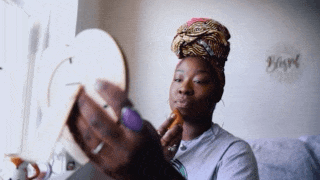

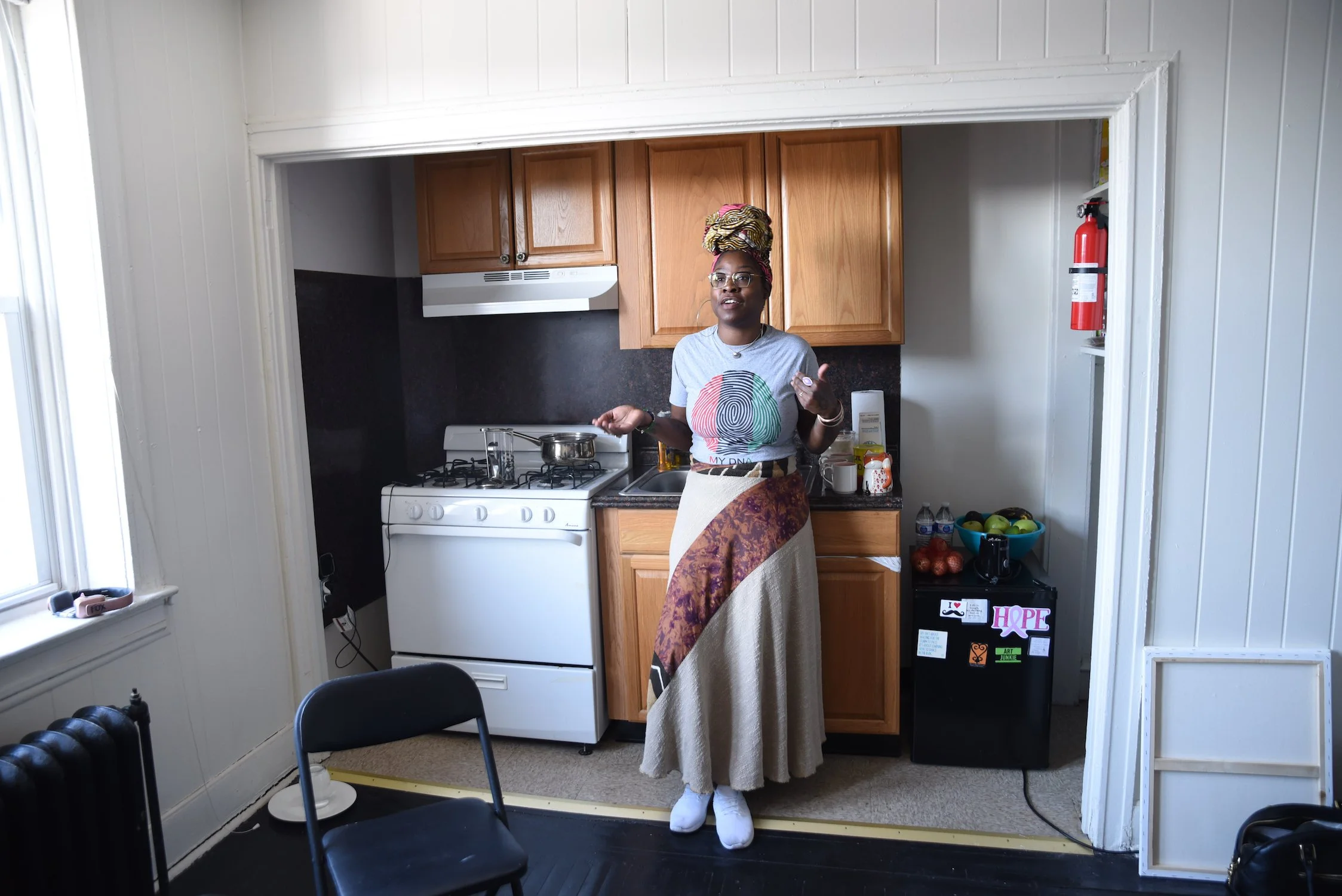
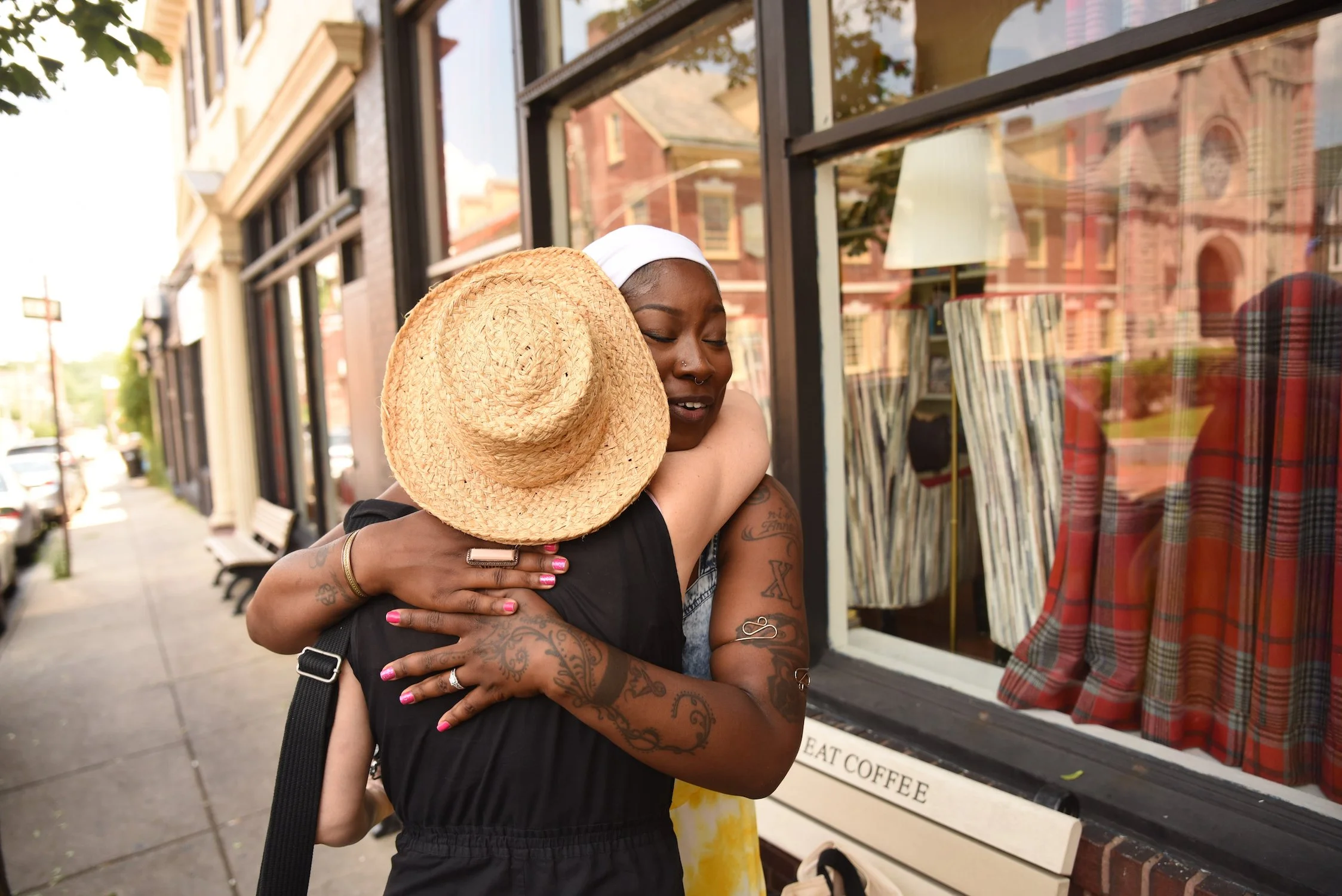
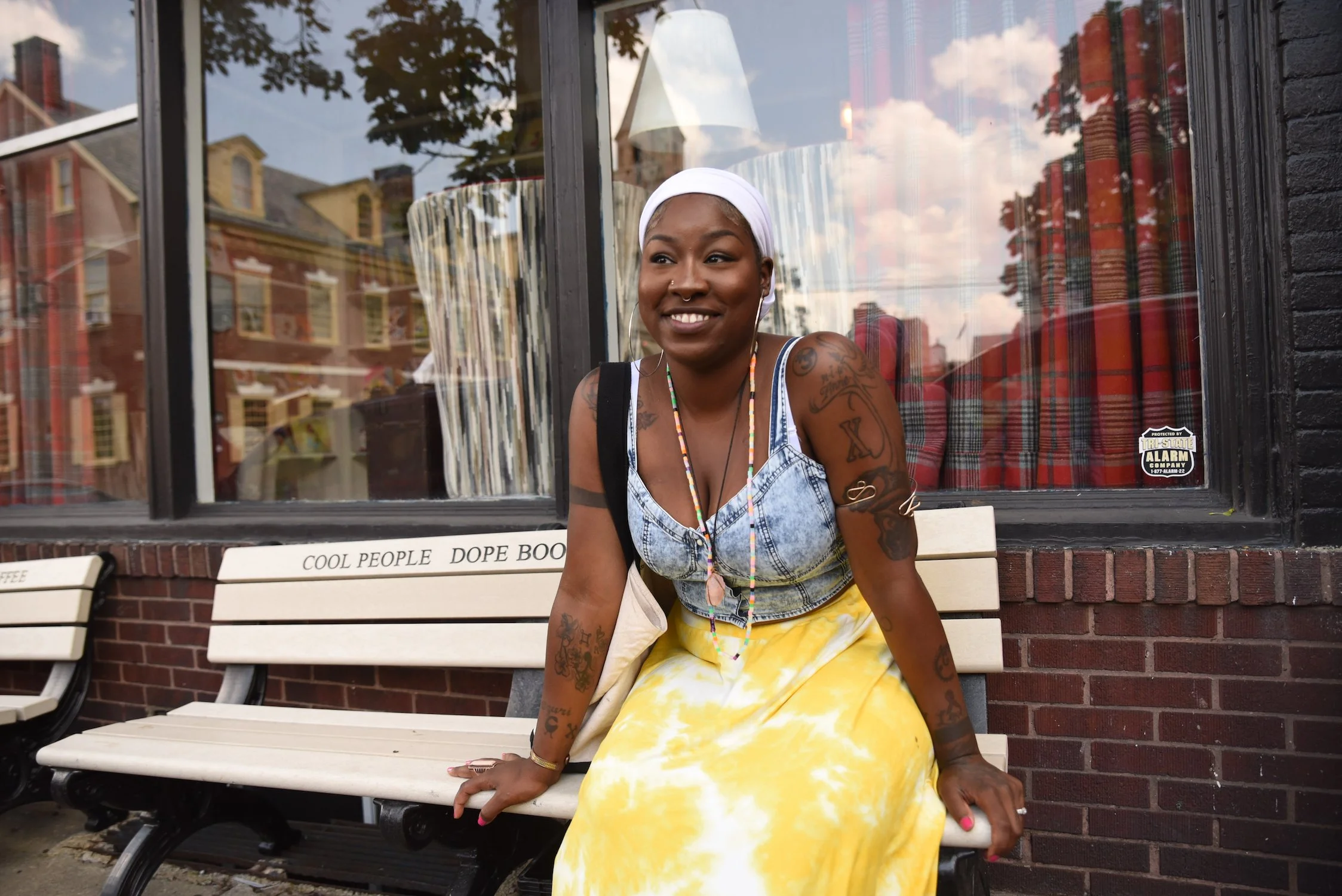


KELLY
Kelly was diagnosed with triple-negative breast cancer in her early 30s. Though she is still cancer free, she still battles anxiety and depression as a result of her traumatic experience. She has found it difficult at times to speak openly about her mental health issues and the health disparities she experienced.
“You have to be your own advocate. You have to be your own doctor. You have to go in and fight honestly for what our ancestors fought for.”
In the young breast cancer community, incidence rates are twice as high for African-American women than Caucasian women. African-American women are also three times more likely to die of breast cancer than Caucasian women of the same age.



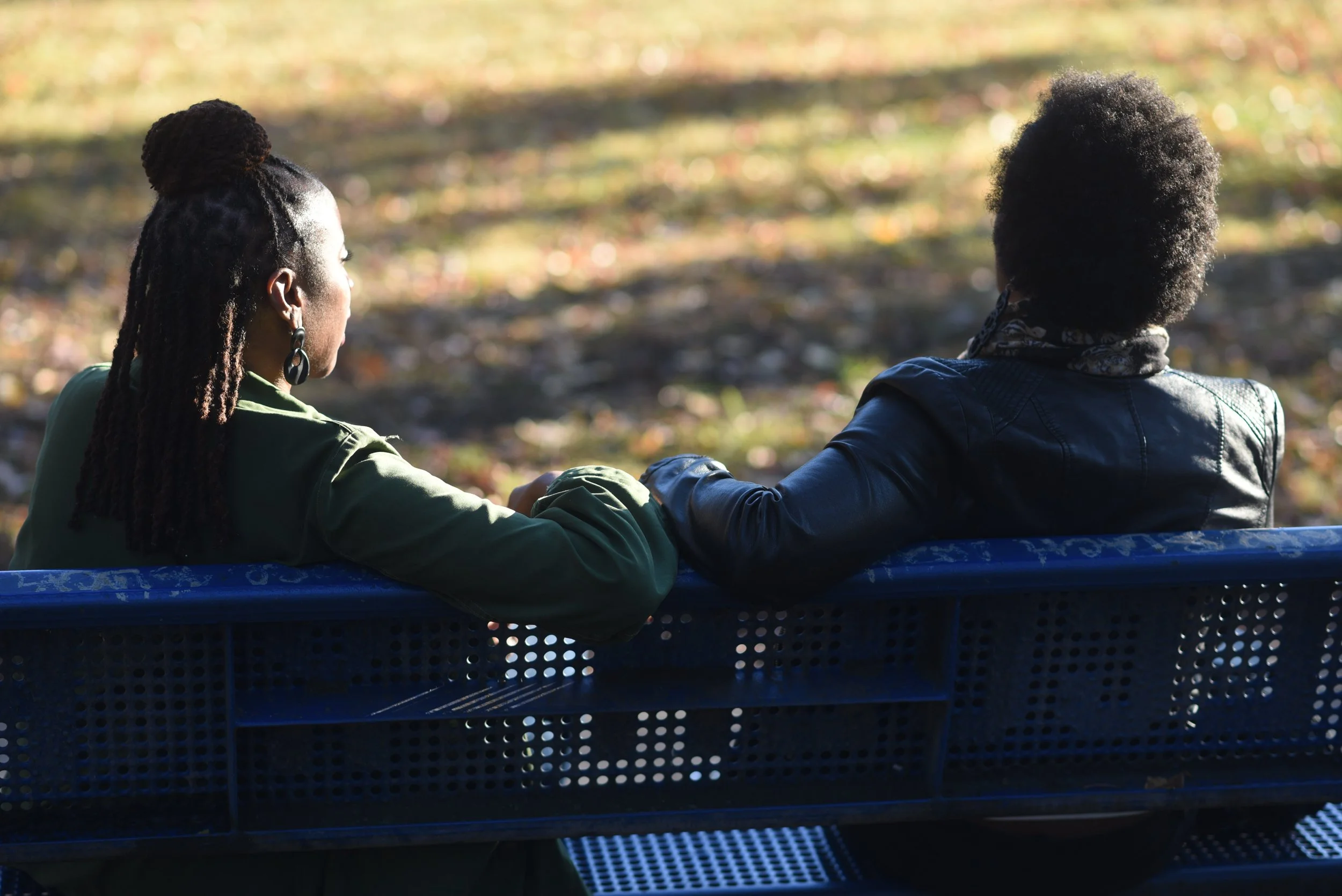
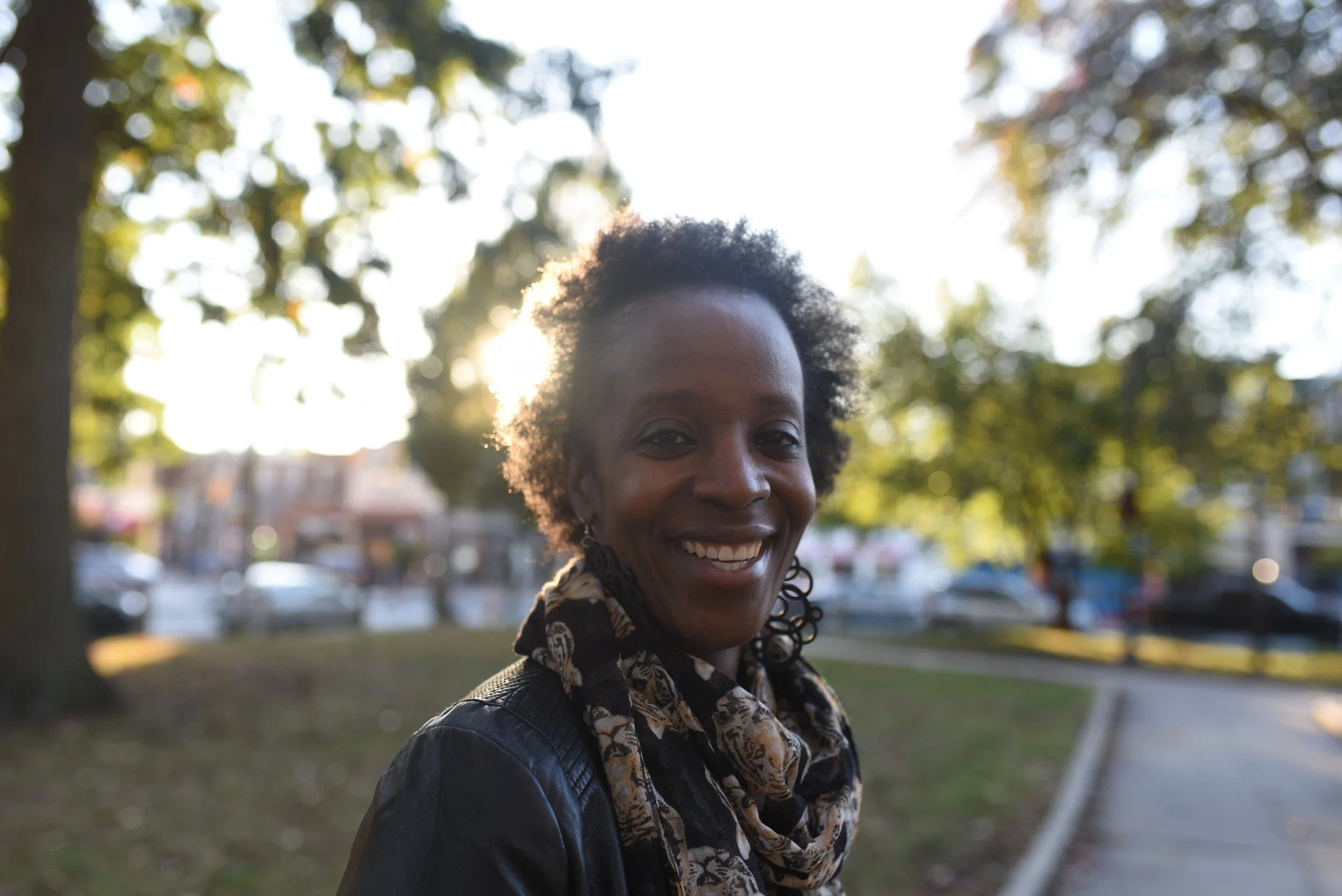
NATALIE
When the Coronavirus outbreak reached New York, Natalie was just finishing up with radiation. Since then, they have started Tamoxifen, which they will be on for the next 10 years. Many young adults diagnosed with breast cancer are put on Tamoxifen, a long-term hormonal treatment. Because of the medication’s side effects, young adults must pause treatment if they plan to get pregnant. This requires much planning for all young adults but even more for queer folks like Natalie. If they were not in the middle of a global pandemic, Natalie could have banked their eggs before starting Tamoxifen for later use during a pause in treatment in their late thirties. But unfortunately, IVF is not considered a medically essential service. In the future, they hope to foster queer kids in the system and become a found family for someone.







